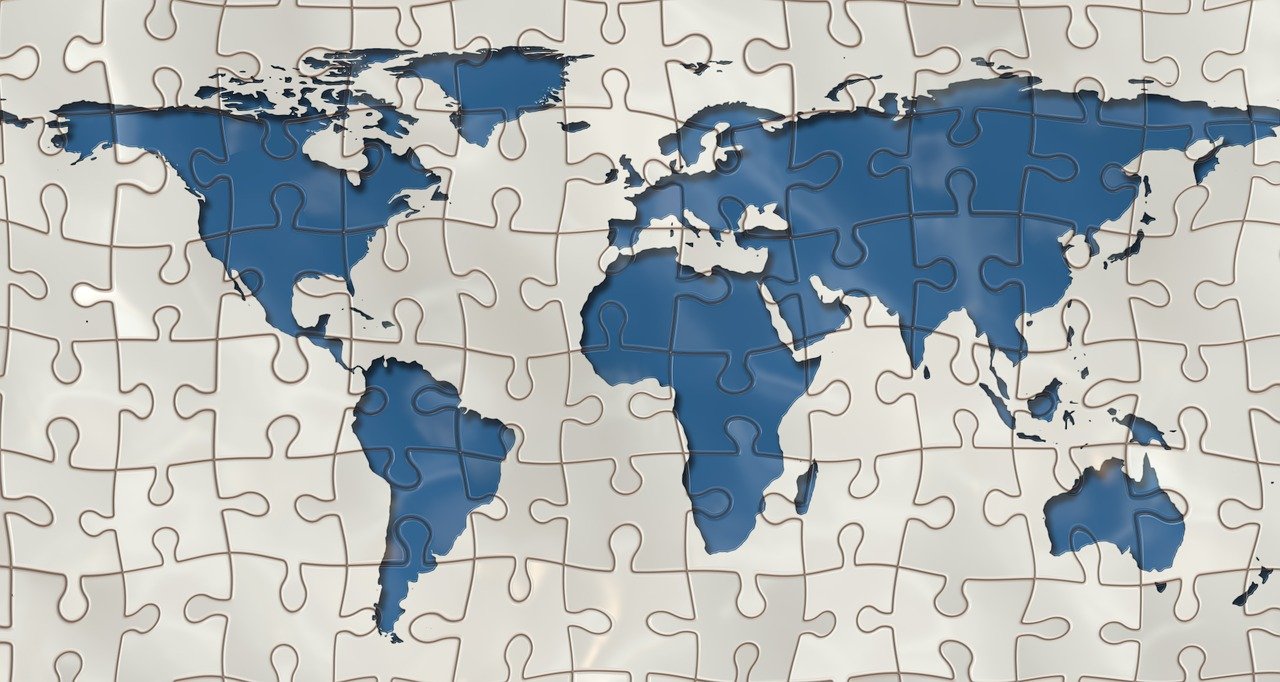Building back better at the G7’s Cornwall Summit
The 47th annual G7 summit, on 11–13 June 2021 in Cornwall on the United Kingdom’s Atlantic coast, is unusually significant. It is the first regular G7 summit and the first in-person G7 summit in two years. It features unusually close coordination between British prime minister Boris Johnson as G7 host and Italian prime minister Mario Draghi, hosting the G20 summit in Rome on 30–31 October. Both co-host the United Nations climate summit in Glasgow on 1–12 November. Cornwall is also the first summit of the ‘Democratic 10’, with the G7 reinforced by India, Australia, Korea and South Africa.
Cornwall is also the first regular, in-person G7 summit for US president Joe Biden and Draghi, both bringing great international experience in the central issues Cornwall confronts. It is the last G7 summit for its longest serving veteran, German chancellor Angela Merkel. They join Canadian prime minister Justin Trudeau at his eighth and French president Emmanuel Macron at his sixth, including the ad hoc virtual ones on 16 March and 16 April 2020 and on 19 February 2021. Japanese prime minister Yoshihide Suga is at his second. The European Union is represented by Charles Michel and Ursula von der Leyen, who have participated in all the virtual summits. India’s prime minister, Narendra Modi, will participate virtually, and the other guest leaders are scheduled to travel to Cornwall.
PRESSING MATTERS
These leaders confront unprecedentedly severe, urgent and interconnected crises. Health comes first, with COVID-19 and its variants creating new highs in cases and deaths in India and the world. The economy, finance, trade and development come second, as COVID-19 constrains the robust recovery recently underway. Climate change comes third, an existential threat now reaching critical tipping points. Political security pervades everything, as Russia and China, weapons of mass destruction in Iran and North Korea, and regional security threats in the Middle East and Africa, Afghanistan, Myanmar and northeast Asia imperil economic, social and ecological progress and the open democracy and human rights that the G7 was created to preserve and promote.
Johnson has long looked to his G7 summit to make his ‘Global Britain’ work for his own citizens and the world. The UK brings formidable assets: territories in most global regions; superb scientists and universities that produced an effective COVID-19 vaccine in record time; leadership in countering climate change at home and abroad; a global financial centre in London; a democratic tradition dating back to the Magna Carta in 1215; and a beloved sovereign heading the 54-member Commonwealth spanning the world.
Early on, Johnson set his summit priorities, which meet the key needs of today. At the UN in September 2020 he promised to focus on simultaneously controlling present and future pandemics and climate change. He mounted an intense set of ministerial meetings: finance on 12 February, 19 March, 2 April and 28 May; health on 29 March; trade on 31 March; digital and technology on 28 April; transport on 5 May; foreign affairs and development on 4–5 May, and the environment on 20–21 May. Further momentum comes from G7 members’ historically high compliance of 94% with commitments made at the G7 emergency virtual summit in March 2020. There was also a historic fast start in 2021 from supportive plurilateral summits, led by Johnson’s virtual G7 summit in February, Biden’s new Quadrilateral Summit with Japan, India and Korea on 12 March and his Leaders Summit on Climate on 22–23 April.
With such support, Cornwall’s leaders are set to produce a summit of strong success. On COVID-19 they will finally pave a way to get vaccines to all who need them everywhere, help countries produce their own, and foster higher quality, more universal healthcare systems to bring life and well-being to many. On the economy, they will deal with their own surging deficits and debts, rising inflation and interest rates, and the debt burdens and defaults in poorer countries, by agreeing on a fairer international tax system and more financial assistance through the International Monetary Fund and World Bank, whose executive boards they control. On climate change they will finally agree to act very soon to smother fossil fuel subsidies, coal finance and methane emissions, increase the volume and standards of climate finance, and even discover the critical value of nature-based solutions from fully reliable renewables and carbon sinks on land and in seas. They will also declare that new attacks on democracy, human rights or other’s territories will not succeed. Their biggest challenge will be sending this message to China and Russia, while having them fully work with the G7 and D10 to control climate change before it is too late.












